RIYADH, Saudi Arabia: As one of the first research projects to investigate oral hygiene practices in the Kingdom of Saudi Arabia (KSA), a survey has found a significant lack of awareness regarding preventive oral health care. In addition to the poor oral hygiene habits of many Saudi Arabians, it further found that only 11.5 per cent of Saudi Arabians had undergone a routine dental check-up in the last 12 months, despite having free access to health care in the country.
The research was conducted as part of the Saudi Health Interview Survey, a large household survey aimed to assess the burden of chronic diseases and their risk factors in the KSA in 2013. In order to determine the current status of oral health practices and the use of oral health services in the country, researchers from the KSA Ministry of Health together with researchers from the University of Washington in Seattle in the US analysed data from 10,735 participants aged 15 and older.
Self-reported data on utilisation of health care services and oral health-related behaviours, such as toothbrushing, flossing and use of miswak, was gathered via a questionnaire. Miswak is a traditional chewing stick made from the plant Salvadora persica. For religious and cultural reasons, the use of miswak as a natural toothbrush is firmly established and widespread in Saudi Arabia and many other Muslim countries.
The results showed that 6.3 million Saudi Arabians (48.6 per cent) had visited a dental clinic in the past 12 months owing to a medical complaint. In contrast, only 1.5 million (11.5 per cent) had seen their dentist for a routine check-up. The likelihood of visiting a dental clinic for a standard check-up increased among the most educated and those who practise regular oral hygiene habits, but decreased for those whose last routine medical examination was more than four years before.
As for daily oral hygiene habits, 71.5 per cent reported brushing their teeth at least once a day, but only 6.3 per cent reported flossing with the same frequency. A total of 16 per cent reported not brushing their teeth at all, while 85 per cent said they never floss and 52 per cent stated that they never use miswak. Among those who do not brush their teeth, 93.2 per cent also do not floss and 47.9 per cent do not use miswak.
Generally, the high prevalence of miswak use, even among those who do not brush or floss, was a major finding of the study. Although its medical benefits have not been scientifically proven, one reason for its widespread use in the Muslim world is that it has been cited as one of the practices of the Prophet Muhammad, the researchers said.
Taking this into account, religious support for future dental programmes is deemed essential for health promotion in the country. Hence, the researchers suggested that channels through which Saudi Arabians have learned about miswak use and other religious hygiene practices may be leveraged to establish good oral health practices, such as brushing, flossing and attending free dental clinics.
In addition to private health care providers, free public medical care is available to Saudi Arabians in over 2,000 primary health care facilities throughout the country. According to the researchers, the majority of these public facilities have a dental clinic and a referral mechanism for dental care at regional centres.
The study, titled “Use of dental clinics and oral hygiene practices in the Kingdom of Saudi Arabia, 2013”, was published online on 7 January in the International Dental Journal.
Align Technology, a leading global medical device company that designs, manufactures, and sells the Invisalign system of clear aligners, iTero intraoral ...
AMMAN, Jordan: As artificial intelligence continues to expand its role in healthcare, large language models such as ChatGPT are increasingly being used to ...
Today on World Oral Health Day (WOHD), FDI World Dental Federation is busting myths regarding oral health practices, encouraging people to become better ...
RIYADH, Saudi Arabia: Oral cancer constitutes a major front in the global fight against non-communicable diseases, and heightened public awareness of risk ...
The variety of toothpastes available means that many patients choose a brand based on how effective it is at targeting some of the most common dental ...
MBRU and King Saud University in Saudi Arabia join forces to enhance academic collaboration between medical colleges
GENEVA, Switzerland: Every year on 20 March, people around the globe unite to celebrate World Oral Health Day (WOHD) and put the spotlight on the immense ...
Thousands of rural Kenyans have been helped out of poor oral health with treatment and preventive education by volunteers from dental charity Dentaid. ...
YouGov Survey for Align Technology Reveals 89% of UAE Residents Surveyed Believe Dental Care Should Be Mandatory Within Health Insurance
Paediatric dentistry is where the seeds of optimal oral health are planted. In recent years, the provision of paediatric dental care has been steadily ...
Live webinar
Tue. 24 February 2026
10:00 pm UAE (Dubai)
Prof. Dr. Markus B. Hürzeler
Live webinar
Wed. 25 February 2026
12:00 am UAE (Dubai)
Prof. Dr. Marcel A. Wainwright DDS, PhD
Live webinar
Wed. 25 February 2026
8:00 pm UAE (Dubai)
Prof. Dr. Daniel Edelhoff
Live webinar
Wed. 25 February 2026
10:00 pm UAE (Dubai)
Live webinar
Thu. 26 February 2026
5:00 am UAE (Dubai)
Live webinar
Tue. 3 March 2026
8:00 pm UAE (Dubai)
Dr. Omar Lugo Cirujano Maxilofacial
Live webinar
Wed. 4 March 2026
5:00 am UAE (Dubai)
Dr. Vasiliki Maseli DDS, MS, EdM



 Austria / Österreich
Austria / Österreich
 Bosnia and Herzegovina / Босна и Херцеговина
Bosnia and Herzegovina / Босна и Херцеговина
 Bulgaria / България
Bulgaria / България
 Croatia / Hrvatska
Croatia / Hrvatska
 Czech Republic & Slovakia / Česká republika & Slovensko
Czech Republic & Slovakia / Česká republika & Slovensko
 France / France
France / France
 Germany / Deutschland
Germany / Deutschland
 Greece / ΕΛΛΑΔΑ
Greece / ΕΛΛΑΔΑ
 Hungary / Hungary
Hungary / Hungary
 Italy / Italia
Italy / Italia
 Netherlands / Nederland
Netherlands / Nederland
 Nordic / Nordic
Nordic / Nordic
 Poland / Polska
Poland / Polska
 Portugal / Portugal
Portugal / Portugal
 Romania & Moldova / România & Moldova
Romania & Moldova / România & Moldova
 Slovenia / Slovenija
Slovenia / Slovenija
 Serbia & Montenegro / Србија и Црна Гора
Serbia & Montenegro / Србија и Црна Гора
 Spain / España
Spain / España
 Switzerland / Schweiz
Switzerland / Schweiz
 Turkey / Türkiye
Turkey / Türkiye
 UK & Ireland / UK & Ireland
UK & Ireland / UK & Ireland
 International / International
International / International
 Brazil / Brasil
Brazil / Brasil
 Canada / Canada
Canada / Canada
 Latin America / Latinoamérica
Latin America / Latinoamérica
 USA / USA
USA / USA
 China / 中国
China / 中国
 India / भारत गणराज्य
India / भारत गणराज्य
 Pakistan / Pākistān
Pakistan / Pākistān
 Vietnam / Việt Nam
Vietnam / Việt Nam
 ASEAN / ASEAN
ASEAN / ASEAN
 Israel / מְדִינַת יִשְׂרָאֵל
Israel / מְדִינַת יִשְׂרָאֵל
 Algeria, Morocco & Tunisia / الجزائر والمغرب وتونس
Algeria, Morocco & Tunisia / الجزائر والمغرب وتونس

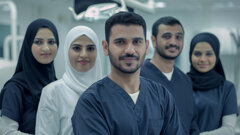

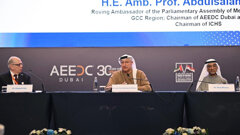























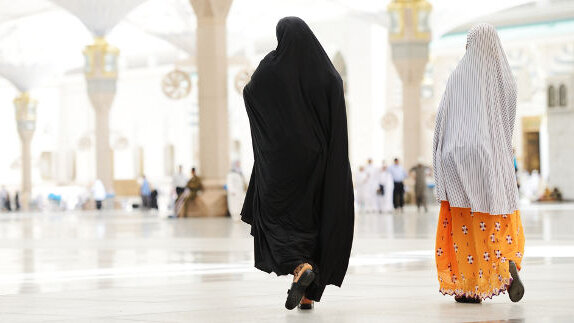





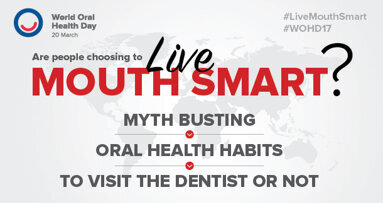

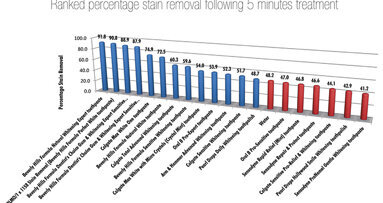
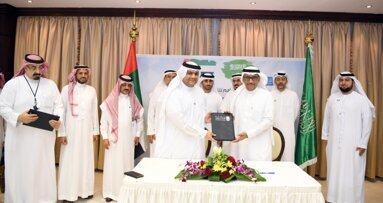
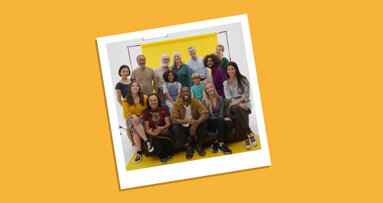


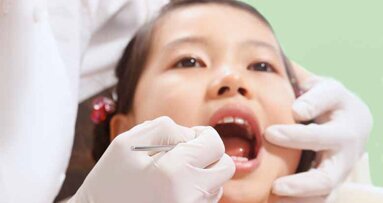
















To post a reply please login or register